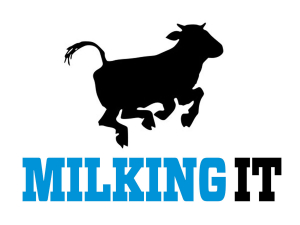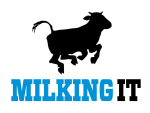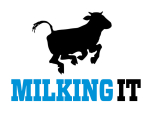Many countries with sizeable dairy sectors are looking at different tools to reduce methane emissions from cows.
In the UK, the Government is proposing giving cows 'methane blockers' to reduce their emissions of the greenhouse gas as part of plans to achieve the country's climate goals.
The government said in its net zero growth strategy published recently that it expected "high-efficacy methane-suppressing products" to enter the market from 2025 and could force farmers to use them if they prove effective.
Farmers welcomed the proposal, which follows a consultation that began in August on how new types of animal-feed products can reduce digestive emissions from the animals.
However, never satisfied, the anti-cow brigade were sceptical, arguing that the move would not address the other environmental harms resulting from the beef and dairy industries and showed a fixation on "techno fixes" rather than reducing consumption.










